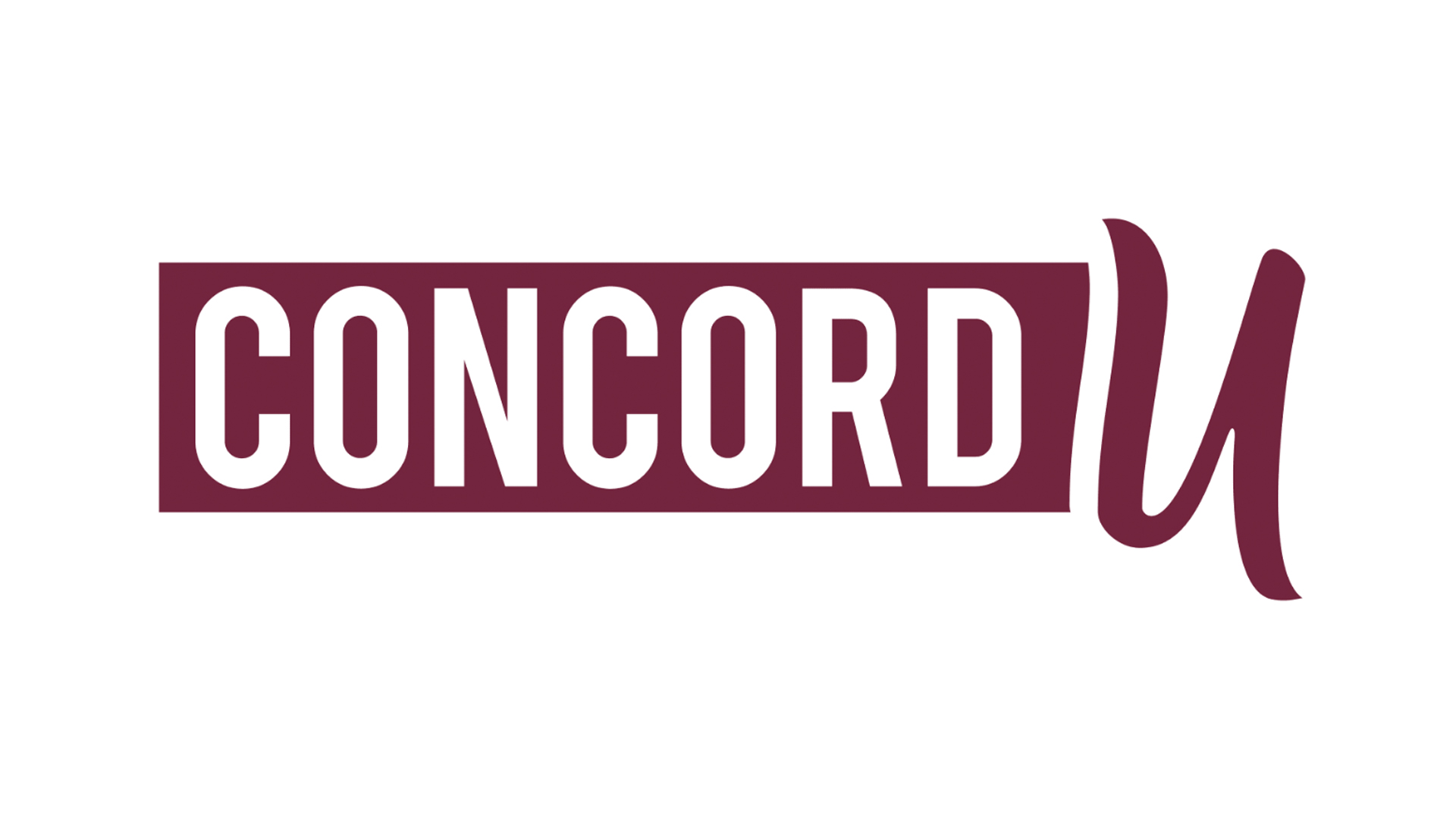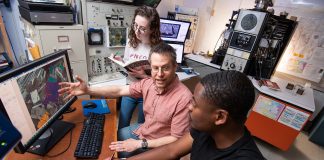The Concord Materials & Rare Earth Element Analysis Center is advancing electron microanalytical capabilities to deeply analyse individual particles of rare earth elements.
The Concord Materials & Rare Earth Element Analysis Center is hosted at Concord University in southern West Virginia on the edge of the Appalachian coalfields.
The programme was launched in 2022, aided by financial support from a US federal grant and several regional government grants. It is led by university faculty in geoscience and chemistry.
It builds upon an electron probe microanalysis (EPMA) laboratory and supporting facilities that have been in operation since 2010.
The Center’s major goals include advancing the capabilities of electron microprobe instrumentation through new hardware and software innovations, expanding the suite of analytical tools and techniques available in the region, supporting natural resource exploration and development, and building the next-generation workforce.
Developing microanalytical capabilities for REE extraction
By establishing core infrastructure, the Center will further enhance economic development by attracting and supporting new research enterprises and facilitating the development of regional REE natural resources.
Further, we seek to partner with entrepreneurs to demonstrate commercial applications of new electron probe microanalytical capabilities, especially in regard to sources and extraction of REEs. Proximity to metallurgical coal fields combined with university resources and faculty makes this an ideal location.
Concord University students and faculty, visiting researchers, and industry users can now use existing Concord Materials and Rare Earth Element Analysis Center capabilities.
They will be able to take advantage of additional microanalytical capabilities as they come online incrementally during 2024-2025. Established capabilities include electron imaging, X-ray compositional imaging, and EPMA analysis of individual mineral grains and particles.
The future of the Centre’s research
When fully equipped, the Center’s laboratories will also conduct major- and trace-element analysis of bulk solids, soils, and liquids, as well as identification of materials via crystal structure using a range of X-ray spectroscopy and diffraction instruments.
As a teaching institution, Concord University’s analytical instruments are frequently used for classes in geology, chemistry, and physics, as well as for collaborative student, faculty, and industry research projects.
This provides students with first-hand experiences with major microanalytical instrumentation, research, and development, which build in-demand skills.
Partnerships which enhance student training and workforce placement are additionally welcomed.



